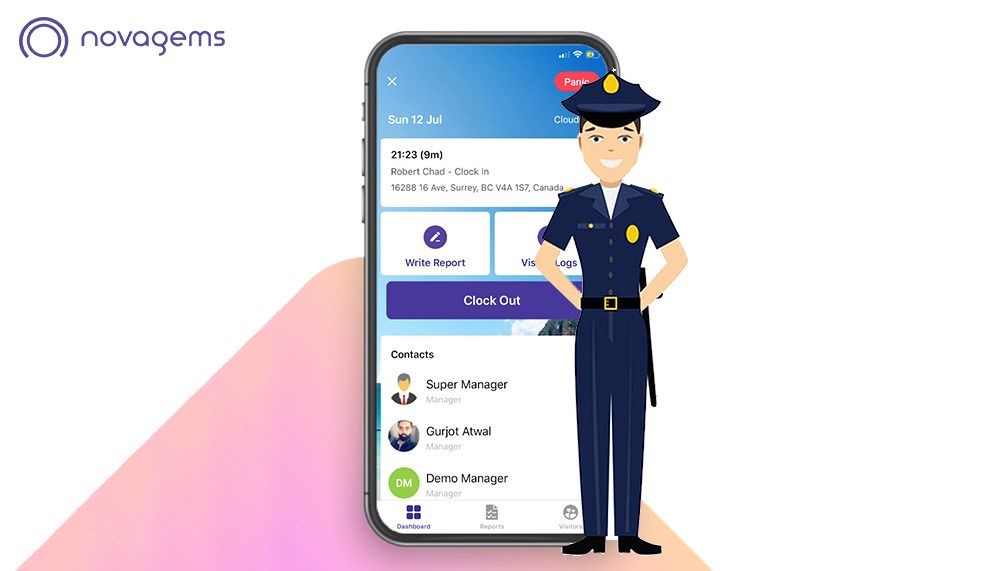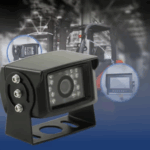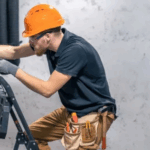
In industries such as security services, facilisties management, and utilities, lone workers often face unique safety challenges. These employees operate independently, away from direct supervision, making it crucial to implement robust safety measures. Advanced security tools, particularly guard tour systems, have emerged as indispensable solutions to enhance lone worker safety. This blog explores the importance of guard tour systems in safeguarding lone workers and how these advanced tools contribute to a safer work environment.
Understanding the Challenges of Lone Worker Safety
Lone workers perform tasks in isolated or remote locations where immediate assistance may not be readily available. This poses several safety challenges, including:
Risk of Accidents or Injuries: Working alone increases the risk of accidents, injuries, or medical emergencies without immediate intervention.
Security Threats: Lone workers may encounter security threats such as trespassing, vandalism, or verbal confrontations, requiring quick response and support.
Communication Barriers: Limited communication options can hinder the ability to report incidents promptly or seek assistance during emergencies.
Regulatory Compliance: Businesses must adhere to regulatory requirements ensuring the safety and well-being of lone workers, which necessitates effective safety protocols and monitoring.
Role of Guard Tour Systems in Lone Worker Safety
Guard tour systems are advanced security tools designed to monitor and track the activities of security personnel or lone workers in real-time. These systems utilize technology such as RFID (Radio Frequency Identification), GPS (Global Positioning System), and mobile applications to provide comprehensive monitoring and support:
Real-time Monitoring: GPS-enabled guard tour systems allow supervisors to monitor the location and movements of lone workers in real-time. This ensures that workers adhere to designated routes and safety protocols, enabling swift intervention in case of emergencies.
Check-in Points and Alerts: Guard tour systems incorporate predefined check-in points or checkpoints that lone workers must visit during their shifts. Automated alerts notify supervisors if a worker fails to check-in at scheduled intervals, signalling a potential issue that requires immediate attention.
Emergency Response Capabilities: In emergencies, lone workers can trigger distress signals or alarms directly from their mobile devices or designated panic buttons integrated into the guard tour system. Supervisors receive instant alerts with the worker’s location, enabling rapid response and assistance.
Documentation and Incident Reporting: Guard tour systems facilitate accurate documentation of patrol routes, activities performed, and incidents encountered during lone worker shifts. This information is stored securely and can be accessed for regulatory compliance, incident investigations, or performance reviews.
Benefits of Implementing Guard Tour Systems
Implementing guard tour systems offers numerous benefits that contribute to enhanced safety and operational efficiency:
Enhanced Worker Safety: Real-time monitoring and emergency response capabilities minimize response times to incidents or emergencies, ensuring prompt assistance and mitigating risks to lone workers’ safety.
Improved Accountability and Compliance: Automated check-in points and detailed activity logs promote accountability among lone workers, while robust reporting capabilities facilitate compliance with safety regulations and standards.
Operational Efficiency: Streamlined monitoring and reporting processes reduce administrative burdens, allowing supervisors to focus on proactive safety measures and operational enhancements.
Cost Savings: By preventing incidents, minimizing downtime, and optimizing resource allocation, guard tour systems contribute to cost savings associated with worker safety and operational disruptions.
Industry Applications and Case Studies
Guard tour systems are widely adopted across various industries to safeguard lone workers and enhance operational efficiency:
Security Services: Security guards patrolling large premises or remote areas rely on guard tour systems to monitor their movements, respond to security incidents, and ensure site integrity.
Facilities Management: Maintenance technicians performing inspections or repairs in isolated locations use guard tour systems to document tasks, report hazards, and ensure compliance with safety protocols.
Utilities and Energy Sector: Field technicians working on infrastructure maintenance or installations benefit from guard tour systems to monitor their activities, track progress, and respond to emergencies promptly.
Future Trends and Innovations
As technology continues to advance, the future of guard tour systems in enhancing lone worker safety looks promising:
Integration with IoT and AI: Integration of Internet of Things (IoT) devices and artificial intelligence (AI) enhances predictive capabilities, enabling proactive safety measures based on real-time data and analysis.
Wearable Technology: Wearable devices integrated into guard tour systems provide additional safety features such as biometric monitoring, environmental sensors, and health tracking for lone workers.
Cloud-based Solutions: Cloud technology facilitates remote access, data storage, and scalability, enabling seamless integration with existing security infrastructure and operational systems.
Conclusion
In conclusion, guard tour systems play a pivotal role in ensuring the safety and well-being of lone workers across various industries. By leveraging advanced technologies such as GPS tracking, RFID checkpoints, and mobile applications, these systems enable real-time monitoring, rapid emergency response, and comprehensive documentation of lone worker activities. The implementation of guard tour systems not only enhances safety protocols but also improves operational efficiency, regulatory compliance, and overall workforce management.
For businesses employing lone workers, investing in robust guard tour systems isn’t just a safety measure—it’s a commitment to safeguarding employees, enhancing productivity, and maintaining regulatory compliance in a dynamic and challenging work environment.







